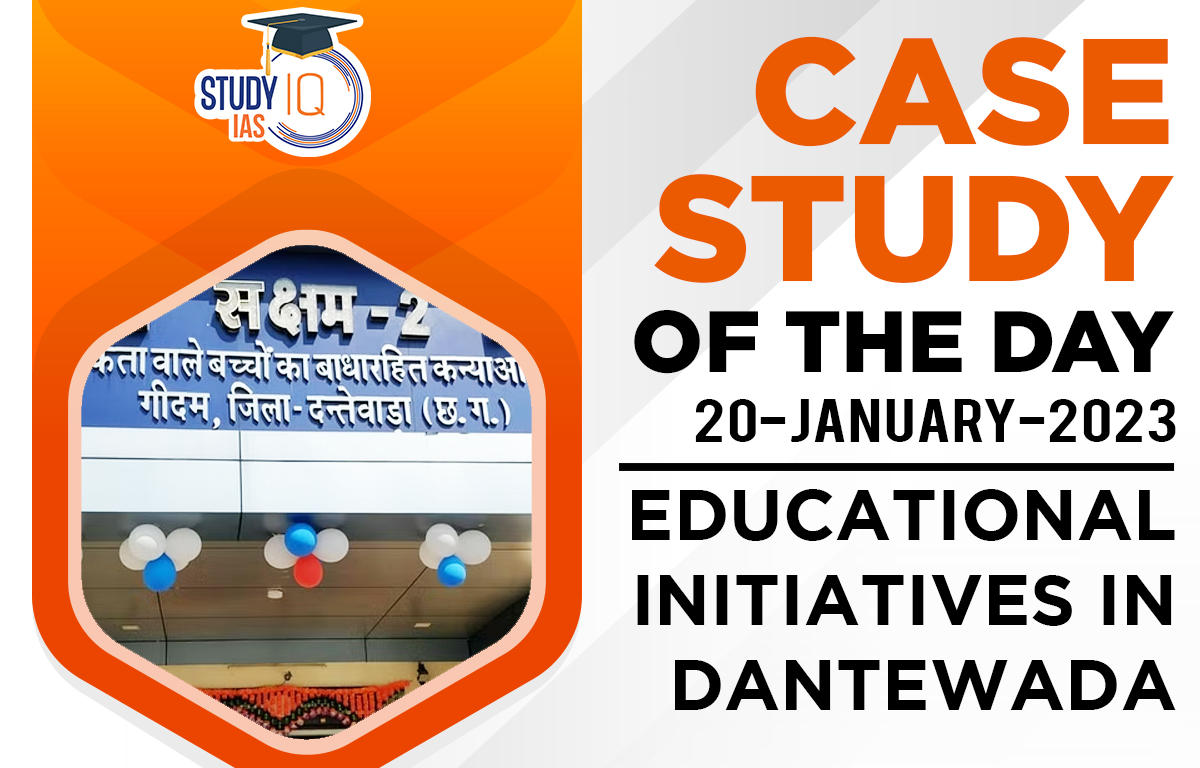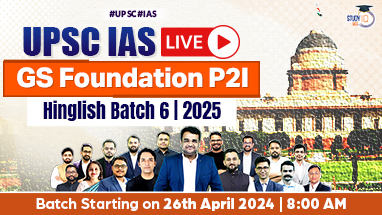Context: The Dantewada district has achieved Education right for its children, by highlighting the role of local policy leadership in India’s multi-level institutional framework of policy and governance.
About Educational Initiatives in Dantewada
- The citizens in Dantewada district face following constraints and difficulties:
- The district is at fore-front of the armed struggle between state security forces and Left Wing Extremists – Naxalites.
- They practice primitive farming, and their livelihood is dependent mostly on forests.
- District fares poorly in achievements on human development indicators.
- District is Poorly Served by Modern Development.
- Educational Interventions which were introduced include:
- Setting 53 residential schools at ‘fringe‘ locations in the district with free boarding and lodging facilities
- Teacher training and modern teaching inputs were provided
- Most of the related activities were coordinated with NGO’s for better implementation.
- To provide exposure to students, they were taken to district headquarters to make them aware of their rights and duties.
- Creation of residential facilities, for utilizing the provision of 25% reservation in private schools under Right to Education Act.
- Clusters of important junctions in the district were chosen and ‘Educational Clusters’ were created. This helped in increasing and sustaining the enrolment ratio.
- Post class room special tutorials for entrance exam were provided by teachers from reputed private institutions, to prepare students for professional courses like engineering, medical, polytechnic, nursing etc
- Livelihood college for the unemployed youth, who have missed formal education were set up, and admissions were kept open to all regardless of educational qualification, any income or caste criteria.
- The implementation process:
- Finding support from the state‘s political leadership, and managing the local political leadership.
- Prudent use of discretionary resources from Integrated Action Plan (IAP), managing contract and expenditure procedures.
- Thinking strategically on school sites and reform team.
- Impacts of the initiative:
- Nearly 50,000 students have availed of the new opportunities, of which 91% are scheduled tribes.
- Improved enrolment, retention and pass percentages.
- Residential facilities have helped in improving the nutritional level of children.
- Empowered local people and has given a voice to marginalized tribal populations.
- It has re-imposed faith of the poor people in the public system.
- Thus, the tangible outcomes of the case study should be replicated in other remote districts, to ensure citizens of their basic rights.


 Editorial of the day (18th Apr): Great I...
Editorial of the day (18th Apr): Great I...
 Expansion of Universe, Speed, Reasons, I...
Expansion of Universe, Speed, Reasons, I...
 Current Affairs 18th April 2024 for UPSC...
Current Affairs 18th April 2024 for UPSC...

















